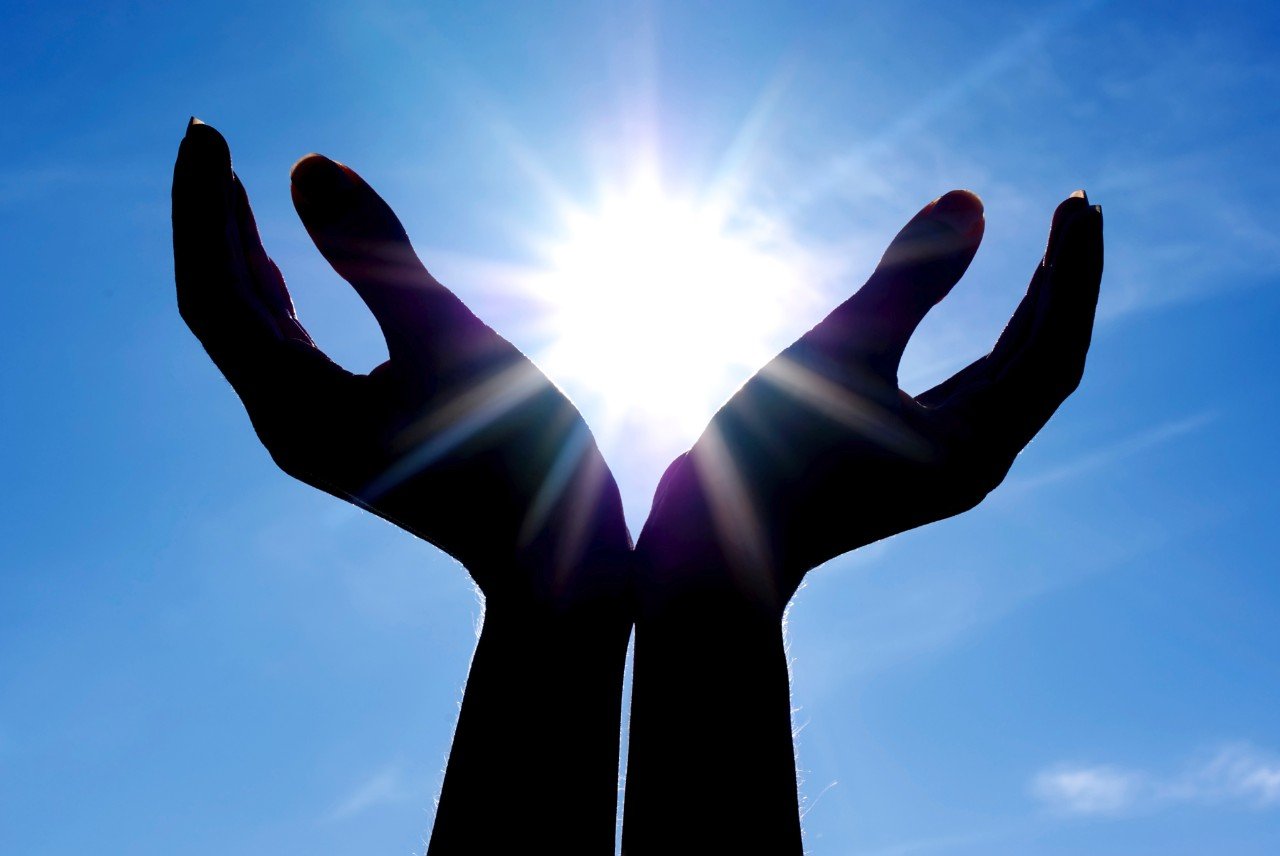[ad_1]

This is demonstrated perfectly in that feature at The Free Press, which focuses on the Secular Sabbath movement led by 32-year-old Genevieve Medow-Jenkins, who is having tremendous success among hip, influential pop-culture and social-media “influencers.”
The key, once again, is that what individual believers feel is true and right for them. There is no need for that terrible D-word.
Part of what’s pushing people away from religion, Medow-Jenkins says, is its dogma — something that briefly soured her on Judaism when she was young. Once, while visiting her Orthodox relatives in the Midwest, Medow-Jenkins remembers them asking her not to eat with them, because her Subway sandwich wasn’t kosher.
“It was so negative for me because it was so rule-bound,” she says. “And I knew when I created Secular Sabbath, I didn’t want it to have many rules. I wanted it to feel like you could be any version of something and still be included.”
There are, of course, many paths to the Divine.
However, some of the paths are more useful and dogma-free than others in this day and New Age.
[Medow-Jenkins] does try to steer clear from any connections to Western religions like Christianity, and instead borrows from Eastern traditions, because people are “more open to it.”
More than anything, she wants to dispel the idea that God is uncool.
“In American culture, we are so disconnected from feeling passionately about things—because it’s terrifying to care,” she says. “People are afraid to feel into spirituality.”
One more passage from this feature will connect the dots, via the personal testimony of Juliana King, a 37-year-old acupuncturist and the hip musician Rhye:
”I had to reclaim the word God,” she tells me, sitting by the pool, listening to Rhye, who’s ten feet in front of her humming into a microphone. “Because God felt like this man in the sky that tells you how to be, and so I was uncomfortable with the word for a long time.”
King, who has a hint of mascara smudged beneath her eyes after a cold plunge, tells me she grew up in Texas, by the Mexico border, in a small city of about 150,000 called McAllen. There, she attended a Presbyterian church.
“I technically went to church,” she says. “But it was just a place I showed up.”
Now, she says she’s a “cafeteria spiritualist” who picks and chooses which practices work for her.
“I want to find God and know God in my own way,” she says. “I don’t want anyone to tell me the quality of God or how to worship or anything, I want all that to be my own experience.”
That’s enough of this newsy journey — for today. But this trend will return to the headlines again, and again, and again, because it’s real. This wave has soaked deep into the sand of America’s cultural beach. That is — dare I say this — an absolute truth.
Enjoy the podcast, and, please, pass it along to others. Also, you can sign up to receive “Crossroads” via Apple iTunes.
FIRST IMAGE: Uncredited photo with the feature “Living My Own Religion” at the CounterCurrents.org website.

